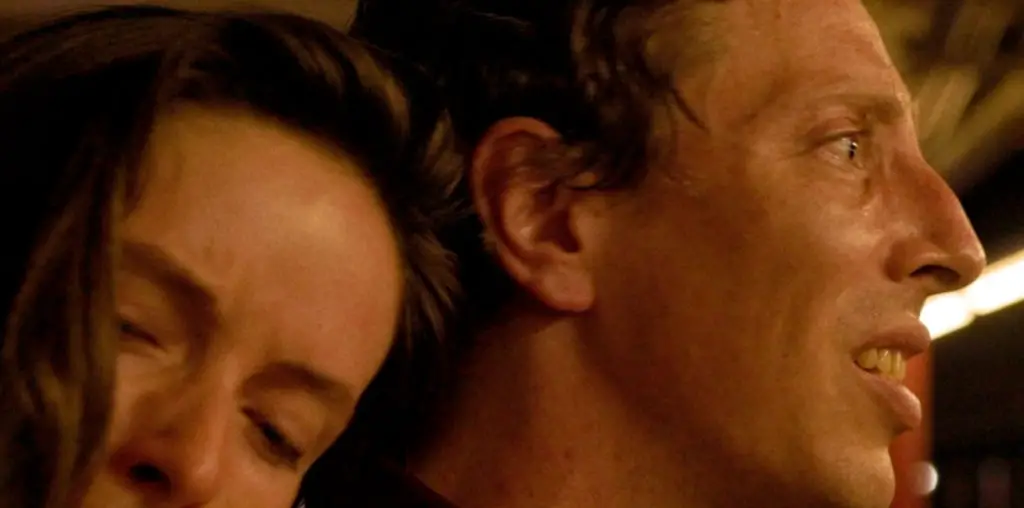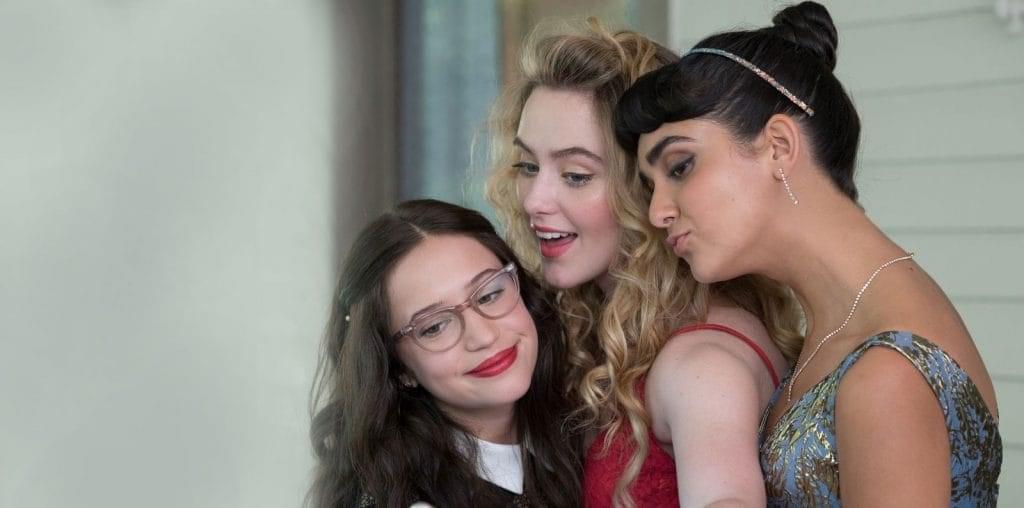
Audiences generally respond to Culture by spontaneous, loud and sustained applause — why do you think this film consistently gets such a huge reaction? ^ They get a lot of bang for their buck. It starts slow and it’s called Culture, which gives a certain expectation, then it goes haywire in a way that’s so ridiculous people can’t believe what they’re seeing. And then, quickly as the chaos started, it’s over, and it’s almost sad. That’s a lot for a minute, especially with no camera cuts, no dialogue, and only one actor. I think people feel like they’ve been slapped in the face, especially when it’s on the big screen. Short films tend to feel longer than features and this one doesn’t. I’m proud of that, although in the heat of the moment I forgot to do one of my favorite parts of the routine.
Culture is saying so many things about film on so many levels in such a short time, can you explain it? ^ I’d prefer people see it! But, I do think our culture is insane, and also funny. It’s childish and suicidal and desperate. My performance is childish and desperate too. The film played very well in Yugoslavia while we were bombing them. They understood what I meant all too well.
Culture played at the Sundance Film Festival — how was your Sundance experience? ^ My experience with Culture was very different from my experience two years earlier with “Frog Crossing,” where I felt totally unnoticed. Culture was a bonanza. I brought T-shirts with my Dogma printed on the back — ridiculous over-promotion, to improve the joke of a 60-second movie. The New York Times wrote about it, people on Main Street were telling me it was the best film at the festival. The screenings were insane. It became really confusing because suddenly agents and managers were calling me; I was promised starring roles in major motion pictures; I was bought drinks. I had my first experience of the bullshit of Hollywood. I was lied to a lot. A couple weeks after Sundance all my new friends stopped returning my phone calls. But two things came out of it — my role in Groove, and the respect of a few freaks like you.
Many say that getting into Sundance is political, so how did you do it? Did you have to blow somebody? What’s the truth? ^ I didn’t blow anybody, but I did go down on a farm animal. But that was in elementary school. As far as getting into Sundance, well, I didn’t know anybody when we made “Frog Crossing,” which was rejected in rough-cut but accepted the following year. When I returned with Culture I know I got a respectful viewing because I was an alumnus. I must admit I was stunned when my two years of labor, Helicopter, was rejected the year after Culture (while Groove was accepted). Maybe it’s comforting, proving it’s not all politics. But Sundance did call me the following year to invite the film–they felt they’d made a mistake. I forgave them for the rejection, of course, but then it was their turn to give Mæ her pleasure.
Your third short, Helicopter, is about the tragic death of your mother. It’s difficult to watch emotionally when you understand the impact of the reality behind the project. What led you to make a film about this experience and how difficult was it to relive some of those moments from your own life? ^ I always thought I’d write a long book about my mother, never a movie. But I couldn’t face the hugeness of a book. Three weeks into film school, struggling to come up with a short, I decided to write something about my mom’s death. No 1000-page opus. It was a great experience — I wrote it all in one night, instead of consulting hundreds of pages of notes I’d made for my novel. I just went for what I felt. Making the film took two and a half years, though, and what was difficult was not the emotions, but the failures of my skill to live up to those emotions. No film is ever perfect, and all directors are agonized by their films’ flaws, but since I was doing something so close to me, every failure felt like a betrayal of my own heart. In the end, I was able to put it together in a way I love, but it took a lot of work and a lot of soul-searching.
Get the rest of the interview in part four of GOOD AS GOLD: AN ARI GOLD INTERVIEW>>>

